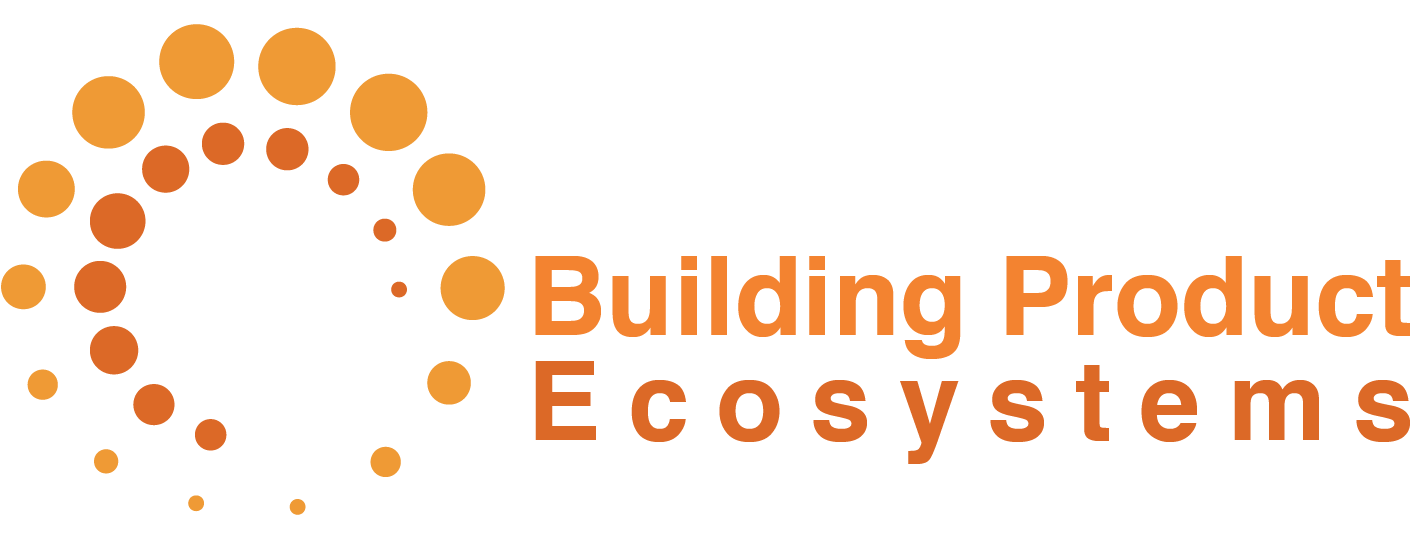The first Global GypSupply conference was held in Brussels, Belgium, with 110 delegates from 28 different countries. Here are some highlights we've selected from the conference.
Gwenole Cozigou, Director, European Commission, Industrial Transformation and Advanced Value Chains: There is a market-driven approach to the recycling of minerals, but gypsum has an essential contribution to make towards the establishment in the EU of a circular economy. While it already encourages dismantling and on-site separation, the EU says that there is much more to be done. The EU's regulatory steps are designed to try to make gypsum recycling more competitive and sustainable for the future. Mr Cozigou state that the recycled part of gypsum products should - according to the EU - rise to 30% in the future.
Bernard Lekien, President of Eurogypsum: Gypsum, is really the 'wonder mineral:' it cannot burn, it is non-toxic, it is infinitely recyclable and has a synthetic equivalent in FGD gypsum. Bernard positioned gypsum at the centre of any circular economy. Think of waste as a resource. For recycling to happen, the gypsum industry needs deconstruction to be a common practice all over Europe, the separation of waste on site (including off-cuts from construction waste), constant volumes and constant quality of recycled gypsum and trust and transparency in the value chain. CO2 emissions from the European gypsum industry are close to the theoretical lower limit and in terms of embodied energy, plasterboard has the lowest level per square metre of any installed building product.
Rob Crangle, USGS Mineral Commodity Specialist: In the US, synthetic gypsum's share of gypsum use rose from less than 5% in 1990, to nearly 50% in 2010. The proportion is now declining, since gas is so cheap in the US that many power plants have switched away from coal and now do not have the necessity to produce FGD gypsum.
Joerg Demmich, Eurogypsum Recycling: Gypsum demand is expected to grow by five times from 20Mt to 100Mt by 2050. At the same time, the EU is targeting a complete decarbonisation of power generation by 2050. FGD production will tend towards zero by mid-century in Germany and to a greater or lesser extent in other EU countries, with a likely production by 2050 of less than 5Mt in the EU. With the reduction of synthetic gypsum supplies, recycled gypsum will become more significant.
Maarten Hendriks, Managing Director of New West Gypsum Recycling: Only metals and gypsum wallboard are suitable at the moment for full 100% 'true' recycling. In the future, landfilling of gypsum waste will be banned and will be enforced and downcycling will not be accepted.
John Rimmer, Head of Safety + Sustainability, Cantillon Ltd. Demolition: On deconstruction and plasterboard recovery in the UK. Instead of throwing the deconstructed material on a pile, put it in a stack: it will save space, the material will tend to take on less moisture and the stack will be easier to use. The larger pieces of wallboard that result from manual deconstruction are also easier and cheaper to transport.
Patricia Andy, Recycling Head at Saint-Gobain/Placopatre: Starting in 2008 with 8000t, French gypsum plants had increased the tonnage of external gypsum waste recycled to a level of 83,000t/year by 2016. A new deal signed in April 2016 between Knauf, Placo and Siniat, along with the environment and industry ministries, is aimed at promoting the level of recycling. The agreement established a database of participants in gypsum recycling and also established best-practice in the industry.
Christian Pritzel of the University of Siegen: Christian suggested that producers aim to use additives that will break down during the calcination step of the recycling process (at temperatures of less than 158°C) and that will then have no other deleterious effects on gypsum hydration.
Gunther Wolff, Officer for Waste Management and Secondary Materials at the European Commission: EU target is for 70% of construction and demolition waste to enter the circular economy by 2020. The EU's Circular Economy Package is pending and will pave the way for more sustainable recycling of CDM, including measures to prevent waste generation and a push for extended producer responsibility.
Full article here.

